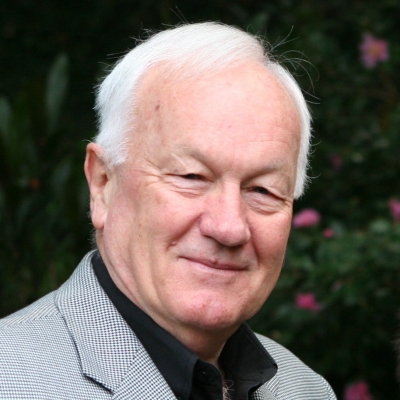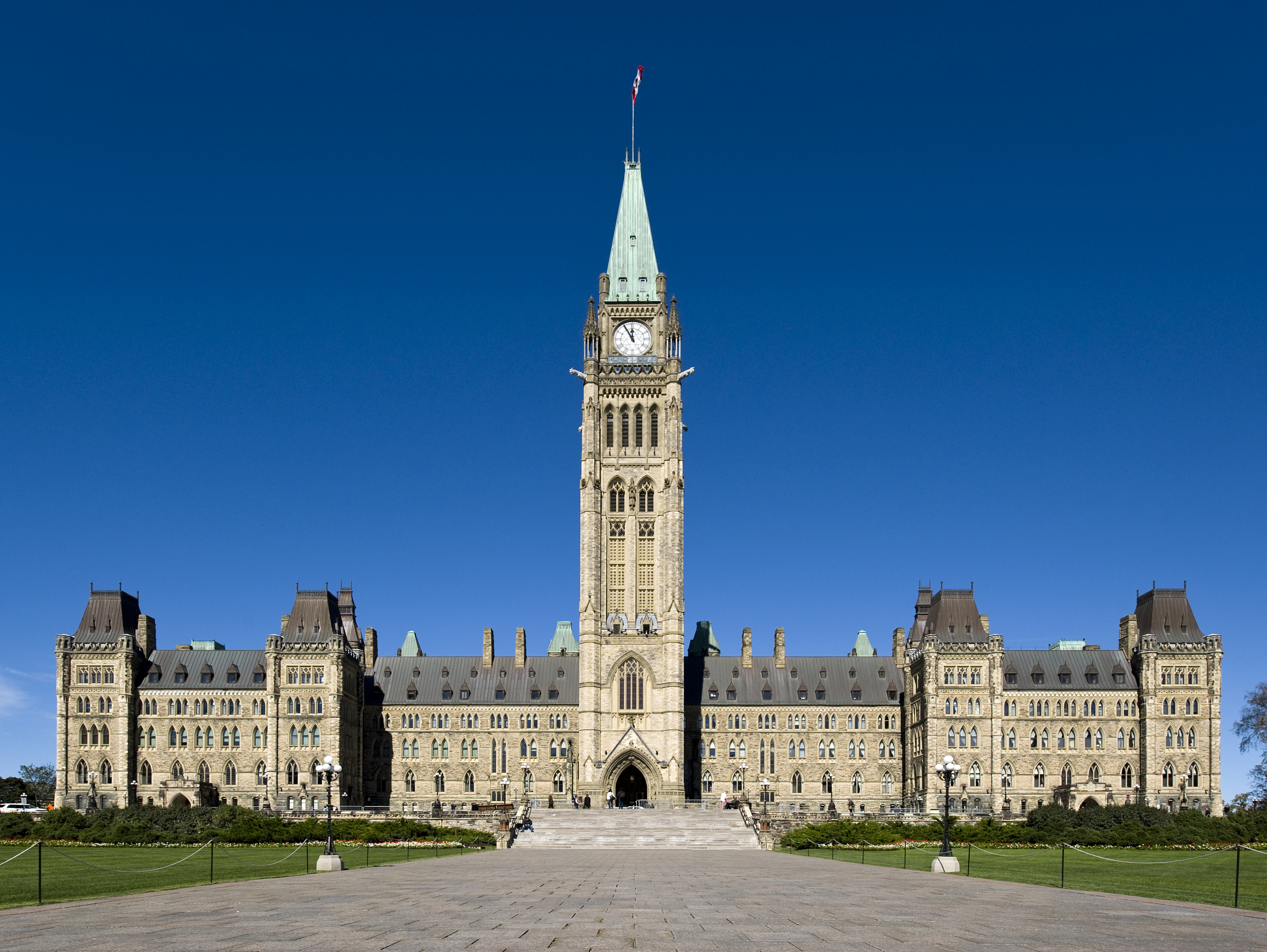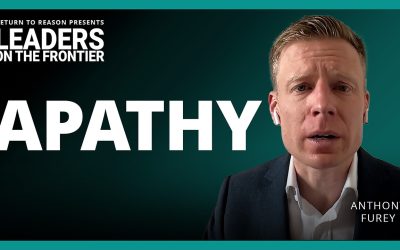Roger Douglas, former Labour Finance Minister and co-founder of the Act Party, is plainly unimpressed with modern politics.
“Look at the last 20 years, you tell me anyone, any Government that’s done anything,” he says.
Douglas, now 86, probably has more right than most to make that claim, having been the key driver of an economic revolution in his four years as Finance Minister, from 1984 to 1988.
To many Kiwis it was a revolution that saved the country from bankruptcy, pulling it out of a spiral of debt and depression.
But others see the reforms – “Rogernomics”, they were dubbed – as a right-wing coup which sought to dismantle the welfare state.
Actually, Douglas wouldn’t argue with the second part of that statement.
He still advocates what some would describe as radical reform of the welfare system.
But Douglas says that back in the 80s, there was never a grand plan that he and his Labour colleagues were following.
“I think it was more organic,” he tells the Money Talks podcast. “We were faced with a problem, we needed to fix it. Had I been tribal in the sense of Labour right or wrong, I don’t think we would have necessarily done it.”
So where did the term Rogernomics come from? He laughs: “From one of you guys! The media.
“Cabinet was a real mixture of people who decided that they were gonna do the right thing, and if they lost, so be it, but they were gonna do what they thought was right. I don’t think we have that anymore.
“John Key lived by the polls and it’s very dangerous. If you want to help people, you have to tell them the truth,” he says.
“The problem is that the politicians of today, they want to help themselves. So they poll in order to know what to say and it’s disgusting.”
Unsurprisingly, Douglas doesn’t have much love for the Greens, who he describes as a mix of those with a “communist agenda” and those pushing “policies based on fear”.
As for Labour, he sees the party as having reverted to 1960s-style centrism and doesn’t regard National as much different these days.
Even Act – the Association of Consumers and Taxpayers, which he co-founded in 1993 – has strayed too far from the pure path of economic reform, he says.
“They moved away from the savings element back around 2000. But just more recently they’ve moved away from some of the other basic points relating to choice,” he says.
He accepts that the party has filled a conservative spot in the political landscape.
“Absolutely, and they’re doing it in a brilliant way, but it ain’t gonna solve some of these problems!”
Douglas still argues that the country would be much better served if it had a low flat tax to cover the basics and a savings regime which gave people back their own money to allocate to services such as health and retirement.
“I’ve always had the view that choice and competition is the direction in which the welfare state has to go,” he says.
He cites a recent Treasury report warning that New Zealand could be on track for a deficit blowout in 40 years if we don’t take some sort of serious action.
“The present path isn’t possible,” Douglas says. “I think we’ve got to move forward.”
The answer, in many ways, is the same as it was in the 1980s, he argues.
But it was that belief that New Zealand’s welfare system wasn’t sustainable that eventually brought conflict within the Fourth Labour Government to a head.
Douglas’ attempts to introduce a flat tax rate and reform the welfare system caused a rift with Prime Minister David Lange, who resigned in 1989 to head off the policies.
“That was the big debate, it was about welfare, it was whether we continue with Government running all the welfare institutions, if you had the Government deciding whether you got an operation, the Government deciding where your kids go to school … or whether we change that.
“David [Lange] was adamant that he was not going to move and he said to me one day: ‘even if it’s more efficient, I’m not going to do it’.”
Ironically, given his political reputation now, Douglas probably has more left-wing political history in his head than almost anyone left alive in New Zealand.
His grandfather Bill Anderton was a Labour MP and his father was a trade union secretary – both were renowned for their left-wing activism.
His father Norman Douglas was involved with John A. Lee’s breakaway Democratic Labour Party in the 1940s and stood for the Onehunga electorate.
Lee was a rebel Labour MP and a committed socialist who was expelled from Labour for his criticism of Prime Minister Michael Joseph Savage.
Douglas’ earliest political memory is going to a John A. Lee street-corner meeting as an 8-year-old, around 1946.
“They were pretty radical in terms of monetary policy and things like that,” he says.
“That’s one of my earliest memories of politics is going – during the school holidays – to the tabernacle buildings to help to fold the John A. Lee weekly.”
Douglas recalls going downstairs to a cafe on Karangahape Rd where he’d often see other prominent Labour figures such as the MP for Roskill, Frank Langston.
“Not that it meant too much at the time. As long as I got my sausage roll I was reasonably happy.”
Douglas says he didn’t grow up feeling poor.
“I can always remember my mother had a certain number of tins or jars on the top cupboard and she allocated electricity, power and this bill or that bill.
“It was a state house and it wasn’t as if we were loaded. The fact that Mum had those jars was an indication of that,” he says.
“I got fed, there were plenty of fruit trees around the place. I never felt in any way deprived.”
Douglas doesn’t recall getting pocket money, but says he got money when he needed it for the pictures.
Nor did he have time for part-time jobs.
“When I got to Grammar I was pretty busy. I played rugby and I played cricket for the first 11 from the fifth form.”
He describes himself as an average student, although he was good at arithmetic and took accountancy at university.
He spent the first years of his career as an accountant, initially at Auckland firm Mabee Halstead & Kiddle.
From there he moved to Bremworth Carpets, where he worked for about 10 years as the company secretary.
Despite the socialist politics of his family background, Douglas says he was introduced to business ideas via his grandfather, who reconciled being a Labour MP with being a businessman, with a herbalist’s shop on upper Symonds St.
Douglas says the first seeds of doubt he can recall about left-wing ideology probably date back to another street-corner meeting.
It was around the time of an election, probably 1954, “where National was saying they’d let people buy their own state houses and Labour was violently against it.
“I couldn’t understand that even then,” he says.
But when it came to politics it was always going to be the Labour Party, he says.
“You couldn’t have been in my environment without it being the Labour Party. The other option was … just forget it!”
Listen to the full interview with Sir Roger Douglas here.
Reprinted from the New Zealand Herald, April 7, 2023 Essay by Liam Dann.



